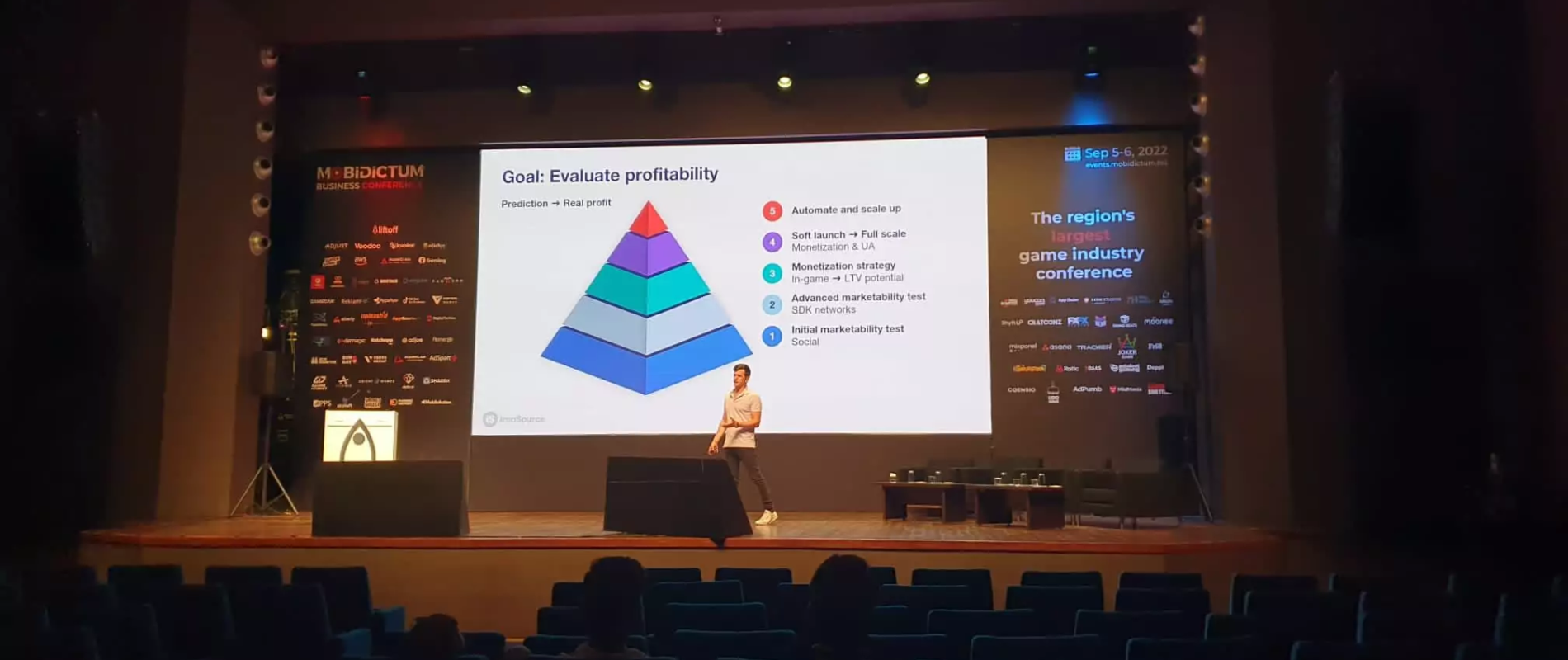AEWIN Selects Fabric8Labs’ ECAM Technology for Edge AI Thermal Management
Fabric8Labs, a San Diego-based manufacturer specializing in Electrochemical Additive Manufacturing, has been selected by AEWIN Technologies to supply thermal management components for its next generation of Edge AI systems. AEWIN, a provider of high-performance network platforms and a member of the Qisda Business Group, will integrate ECAM-produced copper components into its upcoming cooling infrastructure.
The partnership addresses increasing thermal challenges in high-density computing environments. Fabric8Labs’ ECAM process enables the additive manufacturing of pure copper structures with high geometric resolution. AEWIN is deploying ECAM-based 3D micro-mesh boiler plates that increase heat exchanger surface area by over 900% and provide thermal improvements greater than 1.3 °C per 100W compared to leading conventional alternatives.
“Our collaboration with AEWIN represents a significant step forward toward the future of thermal management. We are thrilled to support AEWIN by enabling them to achieve their sustainability targets and meet the growing power demands of advanced AI accelerators,” said Ian Winfield, Vice President of Product & Applications at Fabric8Labs.
ECAM enables high-resolution, customized designs. Photo via Fabric8Labs.
AEWIN’s system-level designs are optimized for both PFAS and PFAS-free coolants, supporting various two-phase immersion cooling methodologies. According to Dr. Liu, Director of the Advanced Technical Development Division at AEWIN Technologies, “The exponential growth of data and Edge AI complexity requires the most advanced on-premises computing. Through our advanced system-level design, we are able to leverage Fabric8Labs’ ECAM technology to optimize solutions for high efficiency, power usage effectiveness, and reduced total cost of ownership.”
The ECAM manufacturing platform enables the production of 3D cooling structures without requiring powder beds or laser-based processes. Fabric8Labs’ approach allows for the fabrication of complex copper geometries suitable for thermal management applications, including capillary network designs that enhance coolant flow at the boiling interface. AEWIN reports that the use of these ECAM-enabled boiler plates supports achieving Power Usage Effectivenessbelow 1.02.
Founded in 2015, Fabric8Labs develops ECAM systems for electronics, medical devices, communications equipment, and semiconductor manufacturing. Its technology is designed to support dense thermal architectures in data centers and Edge AI infrastructure. The additive process is capable of producing detailed structures with reduced material waste compared to conventional subtractive or powder-based methods.
AEWIN will exhibit its advanced immersion cooling platform utilizing ECAM-enabled thermal components at Computex 2025, Booth No. M0120.
3D Printed Thermal Components Expand Across Sectors
Donkervoort Automobielen, a Dutch supercar manufacturer, recently partnered with Australia-based Conflux Technology to integrate 3D printed water-charge air coolersinto its P24 RS model. Using aluminum alloys and tailored fin geometries, the Conflux-designed WCAC units reduce weight from 16 kg to just 1.4 kg per cooler. By relocating the system into the engine bay and shortening the inlet tract, the new thermal architecture enhances throttle response and packaging efficiency. The additively manufactured design, inspired by Formula 1 cooling technology, was adapted for a road-legal vehicle.
In another recent example, Alloy Enterprises developed a high-efficiency cold plate for NVIDIA’s H100 PCIe card, addressing power density challenges in advanced computing. The component was fabricated from 6061 aluminum using the company’s proprietary Stack Forging process. It features 180-micron microcapillaries, gyroid infill, and monolithic inlet/outlet channels—all optimized using nTop’s generative design software. With a final weight under 550 grams, the liquid cold plate delivers targeted cooling through simulation-derived internal structures.
The 3D printed aluminum cold plate. Photo via nTop.
Ready to discover who won the 20243D Printing Industry Awards?
Subscribe to the 3D Printing Industry newsletter to stay updated with the latest news and insights.
Take the 3DPI Reader Survey — shape the future of AM reporting in under 5 minutes.
Featured photo shows ECAM enables high-resolution, customized designs. Photo via Fabric8Labs.
Anyer Tenorio Lara
Anyer Tenorio Lara is an emerging tech journalist passionate about uncovering the latest advances in technology and innovation. With a sharp eye for detail and a talent for storytelling, Anyer has quickly made a name for himself in the tech community. Anyer's articles aim to make complex subjects accessible and engaging for a broad audience. In addition to his writing, Anyer enjoys participating in industry events and discussions, eager to learn and share knowledge in the dynamic world of technology.
#aewin #selects #fabric8labs #ecam #technology
AEWIN Selects Fabric8Labs’ ECAM Technology for Edge AI Thermal Management
Fabric8Labs, a San Diego-based manufacturer specializing in Electrochemical Additive Manufacturing, has been selected by AEWIN Technologies to supply thermal management components for its next generation of Edge AI systems. AEWIN, a provider of high-performance network platforms and a member of the Qisda Business Group, will integrate ECAM-produced copper components into its upcoming cooling infrastructure.
The partnership addresses increasing thermal challenges in high-density computing environments. Fabric8Labs’ ECAM process enables the additive manufacturing of pure copper structures with high geometric resolution. AEWIN is deploying ECAM-based 3D micro-mesh boiler plates that increase heat exchanger surface area by over 900% and provide thermal improvements greater than 1.3 °C per 100W compared to leading conventional alternatives.
“Our collaboration with AEWIN represents a significant step forward toward the future of thermal management. We are thrilled to support AEWIN by enabling them to achieve their sustainability targets and meet the growing power demands of advanced AI accelerators,” said Ian Winfield, Vice President of Product & Applications at Fabric8Labs.
ECAM enables high-resolution, customized designs. Photo via Fabric8Labs.
AEWIN’s system-level designs are optimized for both PFAS and PFAS-free coolants, supporting various two-phase immersion cooling methodologies. According to Dr. Liu, Director of the Advanced Technical Development Division at AEWIN Technologies, “The exponential growth of data and Edge AI complexity requires the most advanced on-premises computing. Through our advanced system-level design, we are able to leverage Fabric8Labs’ ECAM technology to optimize solutions for high efficiency, power usage effectiveness, and reduced total cost of ownership.”
The ECAM manufacturing platform enables the production of 3D cooling structures without requiring powder beds or laser-based processes. Fabric8Labs’ approach allows for the fabrication of complex copper geometries suitable for thermal management applications, including capillary network designs that enhance coolant flow at the boiling interface. AEWIN reports that the use of these ECAM-enabled boiler plates supports achieving Power Usage Effectivenessbelow 1.02.
Founded in 2015, Fabric8Labs develops ECAM systems for electronics, medical devices, communications equipment, and semiconductor manufacturing. Its technology is designed to support dense thermal architectures in data centers and Edge AI infrastructure. The additive process is capable of producing detailed structures with reduced material waste compared to conventional subtractive or powder-based methods.
AEWIN will exhibit its advanced immersion cooling platform utilizing ECAM-enabled thermal components at Computex 2025, Booth No. M0120.
3D Printed Thermal Components Expand Across Sectors
Donkervoort Automobielen, a Dutch supercar manufacturer, recently partnered with Australia-based Conflux Technology to integrate 3D printed water-charge air coolersinto its P24 RS model. Using aluminum alloys and tailored fin geometries, the Conflux-designed WCAC units reduce weight from 16 kg to just 1.4 kg per cooler. By relocating the system into the engine bay and shortening the inlet tract, the new thermal architecture enhances throttle response and packaging efficiency. The additively manufactured design, inspired by Formula 1 cooling technology, was adapted for a road-legal vehicle.
In another recent example, Alloy Enterprises developed a high-efficiency cold plate for NVIDIA’s H100 PCIe card, addressing power density challenges in advanced computing. The component was fabricated from 6061 aluminum using the company’s proprietary Stack Forging process. It features 180-micron microcapillaries, gyroid infill, and monolithic inlet/outlet channels—all optimized using nTop’s generative design software. With a final weight under 550 grams, the liquid cold plate delivers targeted cooling through simulation-derived internal structures.
The 3D printed aluminum cold plate. Photo via nTop.
Ready to discover who won the 20243D Printing Industry Awards?
Subscribe to the 3D Printing Industry newsletter to stay updated with the latest news and insights.
Take the 3DPI Reader Survey — shape the future of AM reporting in under 5 minutes.
Featured photo shows ECAM enables high-resolution, customized designs. Photo via Fabric8Labs.
Anyer Tenorio Lara
Anyer Tenorio Lara is an emerging tech journalist passionate about uncovering the latest advances in technology and innovation. With a sharp eye for detail and a talent for storytelling, Anyer has quickly made a name for himself in the tech community. Anyer's articles aim to make complex subjects accessible and engaging for a broad audience. In addition to his writing, Anyer enjoys participating in industry events and discussions, eager to learn and share knowledge in the dynamic world of technology.
#aewin #selects #fabric8labs #ecam #technology
·42 Visualizações









